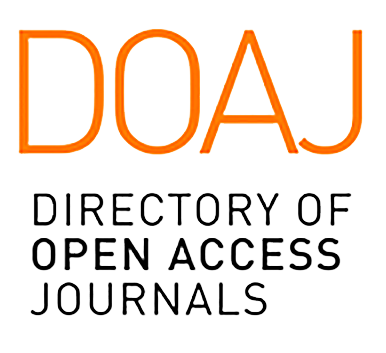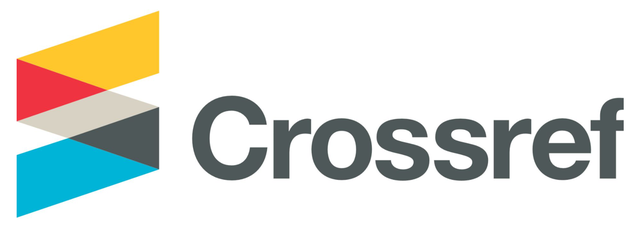

2708-9517






MLA Directory of Periodicals
REAO: East Asian Studies Journals
EBSCO Education
DOAJ
ProQuest
Google Scholar
Semantic Scholar
ROAD
BASE
Helka Helsinki Library
Baidu Scholar
Ex Libris
Jouroscope
US Department of Commerce Research Library

Changyou Zhao
Southwest University, China
Qujing Normal University, China
Chengyu Liu
Southwest University, China
Abstract
This article aims to analyze how prison police achieve the goal of rehabilitating prisoners, i.e., prisoner education, by using the staged prison discourse, particularly prison police discourse (hereafter PPD) from the perspective of ecolinguistics. Crime is the social phenomenon and disservice action which may directly or indirectly bring about detrimental effects to the parts concerned. Rehabilitating prisoners by using PPD is an efficient way to help decrease the detrimental effects of crime and rehabilitation is an essential part of state governance and social administration. The rehabilitation processes of eighteen prison policemen using PPD at Q prison in Y province of southwestern China have been recorded and transcribed for a generic analysis from an ecological perspective. The results reveal that PPD, as a special type of institutional discourse, is the main media for prisoners’ rehabilitation and characterized with generic features and functions. The ecolinguistic perspective for the generic analysis of PPD offers criteria to evaluate its usefulness, especially for rehabilitating prisoners: (1) PPD that construes favorable ecology for prisoners’ mental and behavioral restoration is ecolinguistically labelled as the constructive discourse to be advocated because the prisoners can be efficiently rehabilitated by making use of this kind of PPD; (2) PPD that damages the ecology for the prisoners’ rehabilitation is ecolinguistically labelled as the destructive discourse to be rejected because it brings ill influence on prisoners’ rehabilitation; and (3) PPD that neither construes nor damages the ecology for prisoners’ rehabilitation is ecolinguistically labelled as the ambivalent discourse to be modified into a constructive one with the help of discursive strategies.
Keywords
Ecolinguistics, generic analysis, prisoner education, prison police discourse
生态语言学视阈下狱警话语与罪犯教育的语类分析
赵常友
西南大学外国语学院,中国
曲靖师范学院外国语学院,中国
刘承宇
西南大学外国语学院,中国
摘要
本文在生态语言学的视阈下,分析监狱警察如何利用阶段性的监狱话语,特别是狱警话语,教育改造罪犯,达成教育罪犯的目标。犯罪是一种危害性的行为和社会现象,犯罪会直接或间接地给社会和犯罪行为危及到的各方带来伤害。教育改造罪犯是国家治理和社会管理的重要组成部分,利用狱警话语教育改造罪犯是减少犯罪危害的有效途径。本研究首先在中国西南地区 Y省 Q 监狱,录制了 18 名监狱警察使用狱警话语教育改造罪犯的过程。然后将录制语料转写,在生态语言学的视阈下,对转写的语料进行语类分析。结果表明:狱警话语作为一种特殊的机构话语,有其特定的语类特征和语类功能,是教育改造罪犯的主要媒介。对狱警话语进行语类分析,生态语言学的视阈提供了区分判定狱警话语的有效性和教育改造罪犯效率的标准:(1)有利于构建矫正罪犯心理、行为生态的狱警话语称为建设型话语,这类话语能够有效教育改造罪犯,应该提倡使用;(2)破坏矫正罪犯心理、行为生态的狱警话语称为破坏型话语,这类话语会对教育改造罪犯产生不良影响,应该拒绝使用;(3)既不利于构建矫正罪犯心理、行为生态,也不破坏矫正罪犯心理、行为生态的狱警话语称为混合型话语,这类话语可以通过一些话语使用策略的改进,使其成为有效教育改造罪犯的建设型话语。
关键词
生态语言学,语类分析,罪犯教育,狱警话语